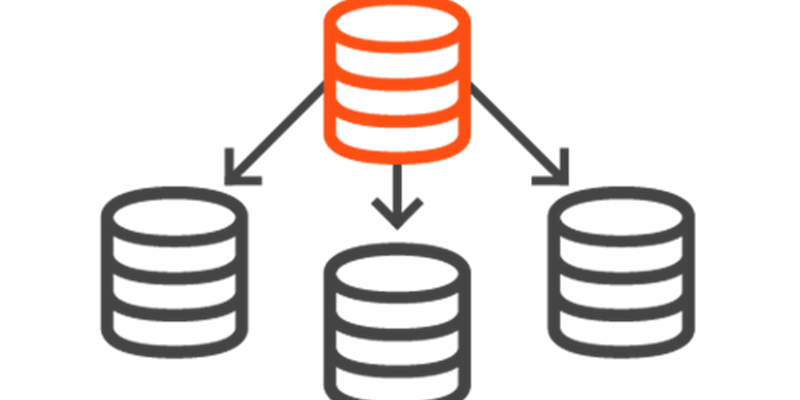Data replication into the cloud offers several key benefits for organizations:
- Disaster Recovery and Data Resilience: Cloud data replication provides redundancy and data backup in geographically dispersed data centers. This ensures that even if one data center experiences an outage or data loss, your data remains secure and accessible from another location. This enhances disaster recovery capabilities and data resilience.
- Scalability and Flexibility: Cloud platforms offer the ability to easily scale resources up or down as needed. Data replication in the cloud allows your data to scale with your business. This adaptability is particularly valuable for organizations with fluctuating workloads and data growth.
- Geographic Reach: Cloud providers typically have data centers located in various regions around the world. Replicating data into the cloud enables you to distribute data globally, reducing latency and improving user experiences for a geographically diverse user base. In the event of an outage in one region, users can seamlessly access data from another, maintaining uninterrupted services.
- Cost Efficiency: Cloud data replication can lead to cost savings by eliminating the need to invest in and maintain on-premises hardware. Cloud services often offer pay-as-you-go pricing models, allowing you to pay only for the storage and resources you use.
- High Availability: Data replication can be configured to provide high availability. By replicating data across multiple data centers, you can ensure that your applications and services have continuous access to data, reducing downtime and improving overall system availability.
- Data Mobility: Cloud data replication facilitates data mobility, making it easier to migrate data between different cloud services or between on-premises and the cloud. This flexibility is beneficial for data consolidation, cloud adoption, and technology transitions.
- Security and Compliance: Leading cloud providers invest heavily in security and compliance measures. Data replication into the cloud can enhance security through encryption, access controls, and compliance certifications, helping organizations meet regulatory requirements.
- Simplified Maintenance and Upkeep: Cloud data replication eliminates the need for organizations to manage and maintain their own hardware and infrastructure. This offloading of maintenance tasks allows IT teams to focus on more strategic initiatives, rather than routine upkeep.
- Data Analytics and Machine Learning: Cloud platforms provide the tools and infrastructure needed for data analytics and machine learning. Replicating data into the cloud makes it accessible for these advanced data processing and analysis tasks, enabling insights and innovation.
In summary, data replication into the cloud delivers a range of benefits, including improved data resilience, scalability, cost efficiency, and accessibility. It empowers organizations to leverage the cloud's capabilities for data management, interoperability between platforms, and more.
Backed by decades of trusted use at Fortune 500 companies, SharePlex® by Quest® enables you to replicate from Oracle and PostgreSQL databases to a variety of platforms. Learn more.


